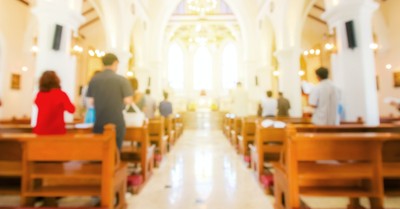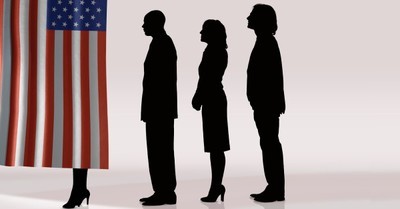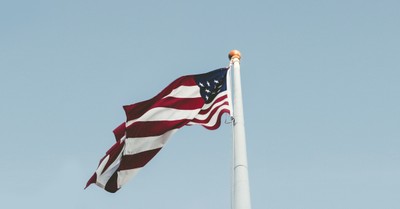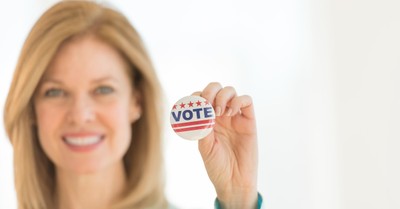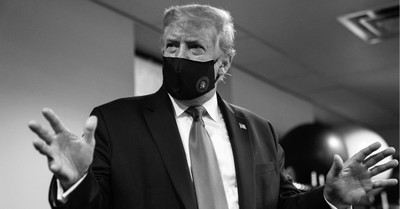
Yesterday I made the claim that civility is vital to a healthy democracy and an attribute that should especially be evident among Christians. I want to expand on that claim today by giving attention to those who disagree.

Yesterday I made the claim that civility is vital to a healthy democracy and an attribute that should especially be evident among Christians. I want to expand on that claim today by giving attention to those who disagree.
As we become more divided over major issues, one may wonder, is the time for civility over?
What should be the Christian witness to a watching world when we are addressing serious issues? Here are four strategies:
We live in serious times. Many Americans are paying more money for groceries than they were two months ago. The national debt has reached an alarming level, and the current Administration wants to spend a lot more. Over 750,000 people have died in the Coronavirus pandemic. I harbor no illusions that we are going to hear a modern version of the Lincoln-Douglas debates, but we need leaders who will raise the level of debate far above name-calling. It's time for the adults in the Conservative movement to step to the front of the room and lead.
According to a recent survey, 62 percent of Americans say they are afraid to share their political views with others. Clearly, we have crossed a dangerous line of essential civility.
While we wait for the results of the 2020 election, here’s what we do know: the health of our democracy depends on how we relate to each other once the election is over.
Yesterday, we focused on our need for transformational peace with God and with each other.
Today, let’s identify some practical ways to “let the peace of Christ rule in your hearts” (Colossians 3:15) as we “strive for peace with everyone” (Hebrews 12:14).
In a country where 93 percent of us say civility is a problem, a new story in the Wall Street Journal is welcomed news. We meet the Gates family, who are lifelong Republicans, and the Mitchells, who are lifelong Democrats. The two families are next-door neighbors in suburban Pittsburgh. The Gates home displays a Trump yard sign; the Mitchell home displays a Biden sign.
But next to each there is another sign which says, “WE [HEART] THEM” with an arrow pointing to the other family’s home and “One Nation” inside the heart drawing.
As children of the God who is love (1 John 4:8), we should be a model of civility in a divisive day. The good news is that the faith we follow holds the answer to all three sources of such divisiveness.
I’m convinced that the best opening line in history is by C. S. Lewis’s in the Voyage of the Dawn Treader: “There was a boy called Eustace Clarence Scrubb, and he almost deserved it.” In selfish, snotty-nosed Eustace, Lewis personified how malforming and narcissistic, in both habit and pedagogy, education can be, especially when it encourages students to “look inside,” “express themselves,” and “be whoever they want to be.”

